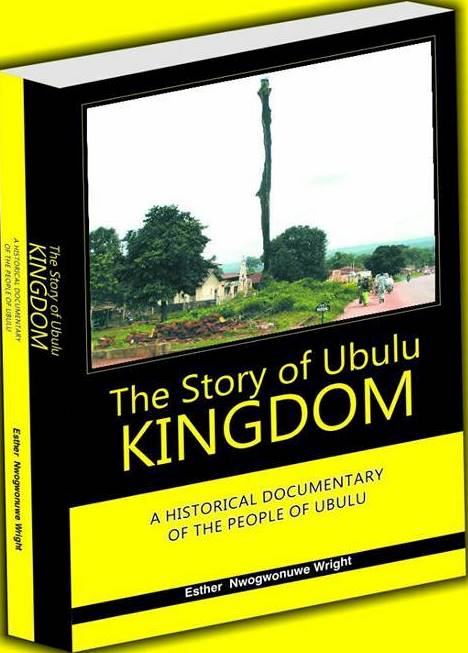By Alex Hippisley-Cox
Published September 18, 2016
 As book industry experts prepare to discuss how literature prizes affect the book market at Frankfurt Book Fair in Germany on October 19, 2016–Gaby Wood, Literary Director of the Booker Prize Foundation–gives a behind the scenes look at the Man Booker Prize and its importance for the literary community. Alex Hippisley-Cox interviews Gaby Wood for the Frankfurt Book Fair.
As book industry experts prepare to discuss how literature prizes affect the book market at Frankfurt Book Fair in Germany on October 19, 2016–Gaby Wood, Literary Director of the Booker Prize Foundation–gives a behind the scenes look at the Man Booker Prize and its importance for the literary community. Alex Hippisley-Cox interviews Gaby Wood for the Frankfurt Book Fair.
Can you tell us what your role as Literary Director of the Booker Prize Foundation entails?
Gaby Wood: My main role is to appoint the judges for the Man Booker Prize each year; to think about who the best, most rigorous and open-minded readers might be, then to support them and oversee their work together. But I’m also interested in the ways people engage with the results of that judging process – in libraries and bookshops or discussion groups. And the foundation has charitable activities that I’m involved in too: reading groups in prisons, a scholarship with the creative writing programme at UEA, a universities initiative, and so on.
RELATED:Sudanese Wins First Book Prize for African Poets
The Man Booker Prize is the leading literary award in the English speaking world. Why do you think it attracts so much attention?
Gaby Wood: The attention given to the Man Booker Prize increased exponentially when it was taken over by the super-PRs now known as Four Colman Getty. Until then, it was more or less seen as a family shop for literary insiders. So all credit for spreading the word inventively and tirelessly is due to them. But what they shine a light on continues to be one of the oldest literary prizes in the English speaking world, whose judges are known to be dedicated and distinguished, and whose choices have, almost without exception, turned out to be classics identified as such ahead of their time.
 Novels written in English by authors outside the UK are now also eligible for the Prize. How has this controversial decision effected the judging process?
Novels written in English by authors outside the UK are now also eligible for the Prize. How has this controversial decision effected the judging process?
Gaby Wood: That’s an interesting question. The only immediate effect was to introduce a new quota system so that the number of submissions remained manageable. But, so far, no writer who would not have been eligible under the old rules has won. It probably does mean that judges who are receptive to different literary traditions (English is written in a lot of different countries) may be well-disposed towards this wider group of submissions, and perhaps that’s something for me to think about in future: a shaking up of white Anglo-Saxon reading tastes, to match the writing on offer.
In your opinion, what effect does winning an internationally-recognized award like the Man Booker Prize have on a book and an author’s career?
Gaby Wood: I think the Prize’s extraordinary effect on sales of the winning book has been well-documented, and it can be life-altering for the writer. In what way depends on the individual; there are riches, yes, but a certain amount of pressure too. Though there shouldn’t be, really; only three people have ever won twice.
RELATED:Best African Short Films and Documentaries Shortlisted
You will be coming to Frankfurt this year, just ahead of the winner’s announcement in London on October 25, 2016. What are you looking forward to most about your visit?
Gaby Wood: I’ve only been to Frankfurt once, but that visit filled me with such information about (and enthusiasm for) what was going on in different parts of the world that it kept me going for an immeasurable amount of time. Rarely do you get such an energising sense of clever and creative people bringing great work into the light of day. I’m looking forward to another dose of that.
A Frankfurt Book Fair article.




